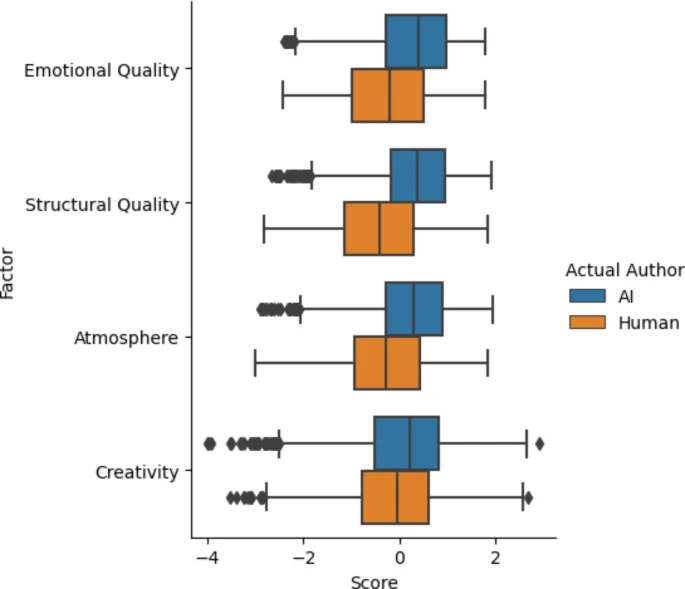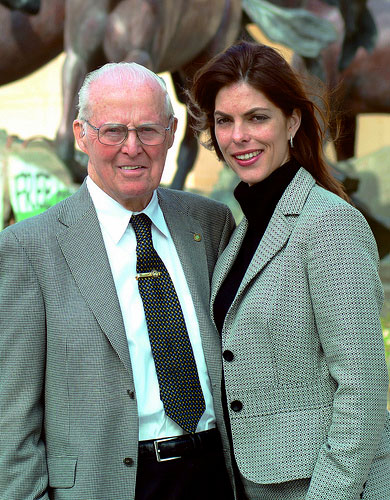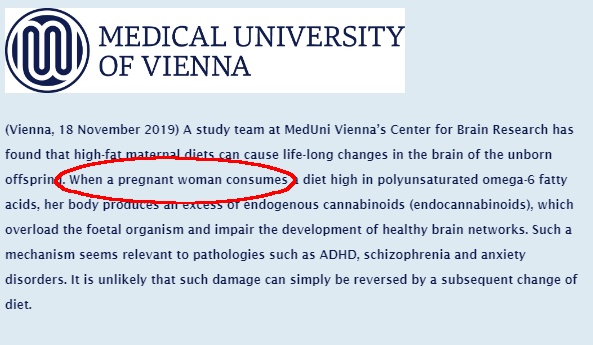Dr. Norm Borlaug, the "father of the Green Revolution", is credited with saving a billion lives using agricultural science, and for the last 50 years he and his successors debunked the Malthusian claims of cynics like Paul Ehrlich, John Holdren, and their modern-day acolytes like Bill McKibben, Michael Pollan, and Naomi Oreskes.
When Holdren and Ehrlich (and the other Ehrlich) were trying to drum up support for mandatory birth control and a world government to enforce it(1), Borlaug and the science community quietly made farming more efficient than ever. Today, even the poorest people in most of the world can afford to be fat, something never possible before, and that is thanks to the legacy of Dr. Borlaug.
An exploratory study in cell cultures and mice finds that in their rodents high-fat diets throughout pregnancy (rich in polyunsaturated omega-6 fatty acids)
impacted fetal brain development.
Don’t be alarmed, mice are not little people so a mouse study can only ever disqualify an effect, it can never show one in humans. Mice studies (and epidemiology) are termed "exploratory" because they can only suggest a link and will need relevant study before they can relate to humans, regardless what
Huffington Post or
Guardian may forget to note in their articles.
When Dr. Scott Gottlieb was named as head of the U.S. Food and Drug Administration, the pro-science community cheered. Gottlieb had both academic and private sector experience, he had been both doctor and patient, and he had been a Deputy at FDA in the past so he knew where all the bottlenecks remained.
In September, the U.S. Food and Drug Administration held a public meeting to discuss FDA’s effort to modernize standards of identity as part the agency's Nutrition Innovation Strategy.
In 2018, FDA declared its intent to modernize food standards of to achieve three goals: (1) protect consumers against economic adulteration; (2) maintain the basic nature, essential characteristics, and nutritional integrity of food; and (3) promote industry innovation and provide flexibility to encourage manufacturers to produce more healthful foods.
Writers are going to find a way to make their work topical. The most important article I ever wrote (in my estimation), in the Wall Street Journal, came out about five weeks after I wrote it, and with a different lede.
The news cycle had kept pushing it back but then a new event occurred which made it compelling and the editor saw the hook and had me redoo it, but the rest was evergreen facts.
In 2014, the world's top polluter, China, told the United States president they unequivocally would not even discuss emissions caps or targets until 2030 and American speechwriters quickly tried to spin that into a positive. China had never even agreed on a future date before, they rationalized, so that was progress.
Well, not really, but it was as much as almost everyone else was going to do under the Paris Climate Agreement.
 Minnesota Trial Lawyers Want To Ban Neonics - Here Is Why That Is A Mistake
Minnesota Trial Lawyers Want To Ban Neonics - Here Is Why That Is A Mistake The Toxic Masculinity Of Disney Movies
The Toxic Masculinity Of Disney Movies AI And The Poetry Problem
AI And The Poetry Problem Morte Alla Francia Italia Anela - The Secret History Of Organized Crime In 1343
Morte Alla Francia Italia Anela - The Secret History Of Organized Crime In 1343








